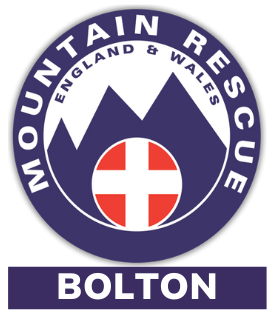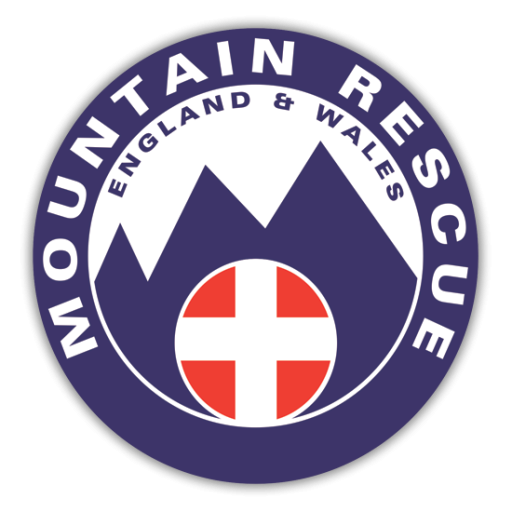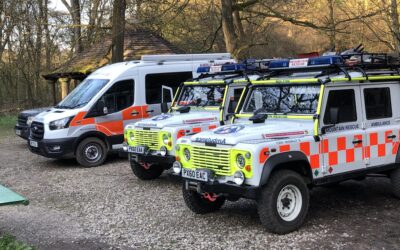Today our Team Leader Garry Rhodes MBE attended at the kind invitation of Bolton Council a day long course regarding Multi Agency Introduction to Civil Contingencies.
Held at the excellent venue of the Bolton Council Castle Hill Training Centre, Castleton Street, Bolton, the course attracted 30 participants including the course facilitators and session presenters.
The course objectives included;
- To understand the context and implications of the Civil Contingencies Act 2004 and the statutory duties it places on Category 1 and 2 responders.
- To become familiar with the role of all agencies involved in planning, preparing for and responding to emergencies.
- To share knowledge and understanding with other local agencies.
- To learn from previous experiences of responding to emergencies.
The attendees included Greater Manchester Police, Greater Manchester Fire and Rescue Service, North West Ambulance Service (Manchester), Bolton Council, Bolton Mountain Rescue Team, Royal Bolton Hospital NHS Foundation Trust, NHS Bolton and Four Wheel Drive North West.
Presentations were given by;
- Ros Baxter, Head of Civil Contingencies, Bolton Council.
- Inspector Paul Murphy, Greater Manchester Police (Bolton).
- Station Commander Steve Parkinson (Bolton) Greater Manchester Fire and Rescue Service.
- Operational Manager (Bolton group of Ambulance Stations) Graham Barton, North West Ambulance Service (Manchester).
- Jimmy Tunn, Head of Emergency Planning, Royal Bolton Hospital.
- Stephen Kirkley, Emergency Planning Manager, Primary Care Trust.
- Kate Marsh, Counter Terrorism Security Advisor, Greater Manchester Police Counter Terrorism Branch.
Sessions included, an Introduction to Civil Contingencies, the Civil Contingencies Act 2004, Command and Control of Major Incidents, Roles and Responsibilities of involved agencies, (Including Fire, Police, Ambulance, Hospitals, Local Authority and Voluntary Aid Organisation), Evacuation and Rest Centres, Case Study examples (Including the Manchester Bombing 1996 and the Litvinenko incident), Counter Terrorism and Recovery Structure and organisation.
All attendees were placed in one of four working groups, Fire, Police, Health and Ambulance, and Local Authority, regardless of their discipline or service, with all four groups given a number of exercises to complete during the course. (The competitive spirit came to the fore here, with many – largely successful, attempts at trying to secure extra points ! As to which group won, well given it was a Major Incident course, there is a news blackout on announcing the results !)
Our Team Leader Garry Rhodes MBE reports that he found the day very informative and very interesting, of particular worthy note being the wide variety of agencies taking part and the excellence of the presenters and presentations.
Finally the team would like to thank the Civil Contingencies Unit of Bolton Council for inviting us to send a representative to this course.



